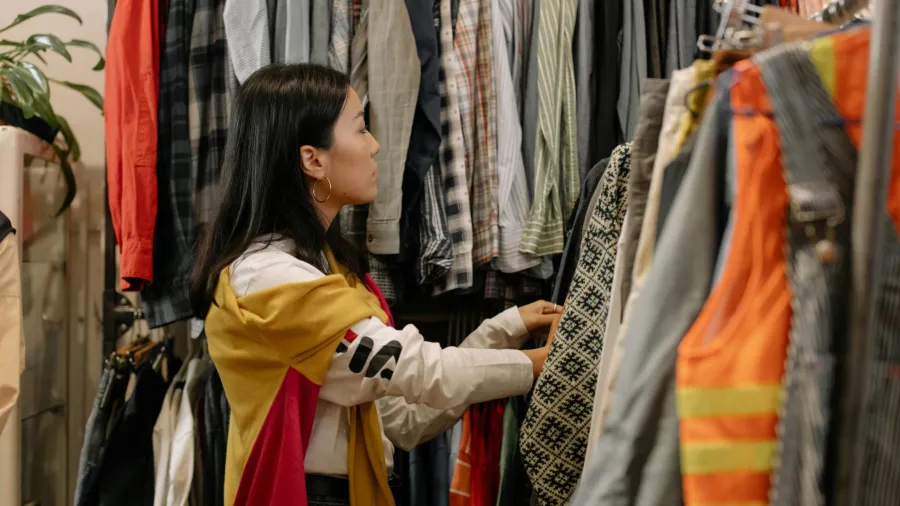
Rising cost of living pushes secondhand shopping, repairs
24% of global consumers buy secondhand items.
Rising living costs and a growing focus on sustainability are driving consumers to embrace secondhand shopping and repairs, according to Euromonitor International's Voice of the Consumer: Sustainability Survey 2023.
The survey revealed that 24% of global consumers buy secondhand items, whilst 41% choose to repair broken products to save money and reduce waste.
“Actions such as turning off heating, reducing food waste, opting for more fuel-efficient mobility options, reducing appliance use, preparing meals at home, repairing items and buying secondhand products are not only helping them to reduce costs and avoid unnecessary purchases but also allowing them to stay true to their values and adopt sustainable lifestyles,” explained Jorge Zuniga, senior sustainability insights consultant at Euromonitor International.
The report also showed that over 40% of Gen Z and Millennials shop secondhand regularly, driven by affordability and style. More than half of 15–44-year-olds plan to buy used products soon.
Meanwhile, older generations focus more on repairing items. Environmental awareness among consumers aged 45 and above has surged, with 40% planning to buy secondhand or repair goods in 2023, up from 28% in 2021.
Recycling and repair behaviours are most prevalent in Latin America, Europe, and Asia-Pacific. Notably, 40% of Latin American consumers embrace zero-waste lifestyles, whilst 36% of Europeans and Asians follow suit. The Philippines stands out globally, with 56% of its population identified as “Zero Wasters.”
Whilst Europe and North America boast mature secondhand markets, consumer engagement is growing rapidly in Asia-Pacific and the Middle East.
India, China, and Saudi Arabia are leading this transformation, with 42%, 34%, and 30% of consumers, respectively, intending to increase spending on secondhand products in the coming year. India exemplifies this trend, with nearly 50% of consumers actively buying and selling used items. In contrast, the United Kingdom sees more secondhand buying (38%) than selling (28%).

















 Advertise
Advertise





